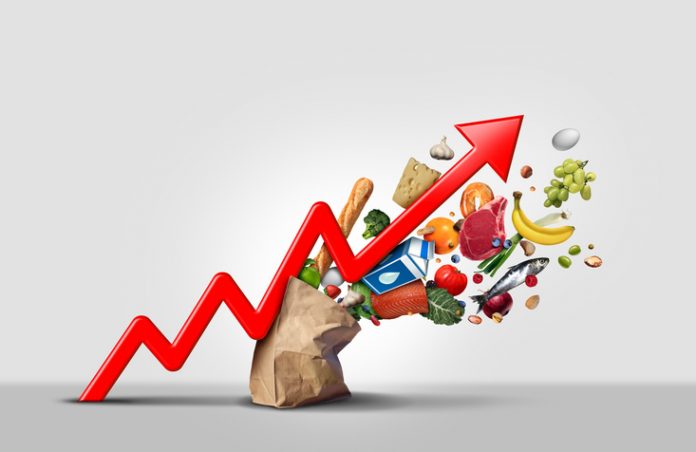West Virginia business owners discuss high costs
(The Center Square) – Business owners from West Virginia told the powerful U.S. House Ways and Means Committee on Monday that they are struggling with inflation, among other problems, as the economy continues to shift gears from the pandemic.
Tom Plaugher is the vice president of operations for Allegheny Wood Products, a family-owned company that operates sawmills and dry kiln facilities for hard wood throughout West Virginia. The company employs 800 people and sells its product worldwide.
“Our industry is directly tied to housing,” Plaugher said during a field hearing in Petersburg, West Virginia on the state of the economy in Appalachia. “We need single family housing starts and remodeling expenditures to be high because those are the homes where people install hardwood floors, hardwood furniture and cabinets, hardwood mouldings and millwork. Rising interest rates put a damper on housing in the latter half of 2022 and the outlook for 2023 is not good.”
Higher prices can’t just be passed on to consumers, he said.
“I have heard it said many times that higher costs don’t really affect businesses and that they simply pass that additional cost along to their customer. It does not work that way in our industry,” Plaugher said in written testimony. “Our product pricing is based on supply and demand. We sell into a global market, and we have to compete with products from all over the world. If the price for our lumber becomes too high, customers will simply look for a cheaper alternative or a replacement product.”
Inflation has hit Cheetah B’s, a restaurant in Petersburg, West Virginia. Owner and operator Ashley Bachman said inflation means higher prices.
“The cost of goods has been steadily rising throughout the past couple of years. It has been tough to stay ahead of. We have had to change our menu prices countless times just to make sure that we don’t go out of business,” she said. “We still are not charging enough for our menu items because we are afraid that we will price ourselves out of business.”
Inflation also means people are eating out less.
“I see lots of my old customers out at the grocery store and they will tell me they are sorry they haven’t eaten at my restaurant lately because they are just struggling to live,” Bachman, a mother of three, said in written testimony.
Wiley McDade, a U.S. Navy veteran and co-owner of Devil’s Due Distillery in Kearneysville, West Virginia, told lawmakers that inflation is holding back job growth.
“Despite input cost increases, we are reluctant to raise prices and have not done so,” he said. “However, it comes at a great cost: Growth. Our workforce should consist of seven to 10 … yet we do so with five. Everyone works long hours wearing many hats.”
Originally published by The Center Square. Republished with permission.
For more from Budget & Tax News.
For more public policy from The Heartland Institute.











